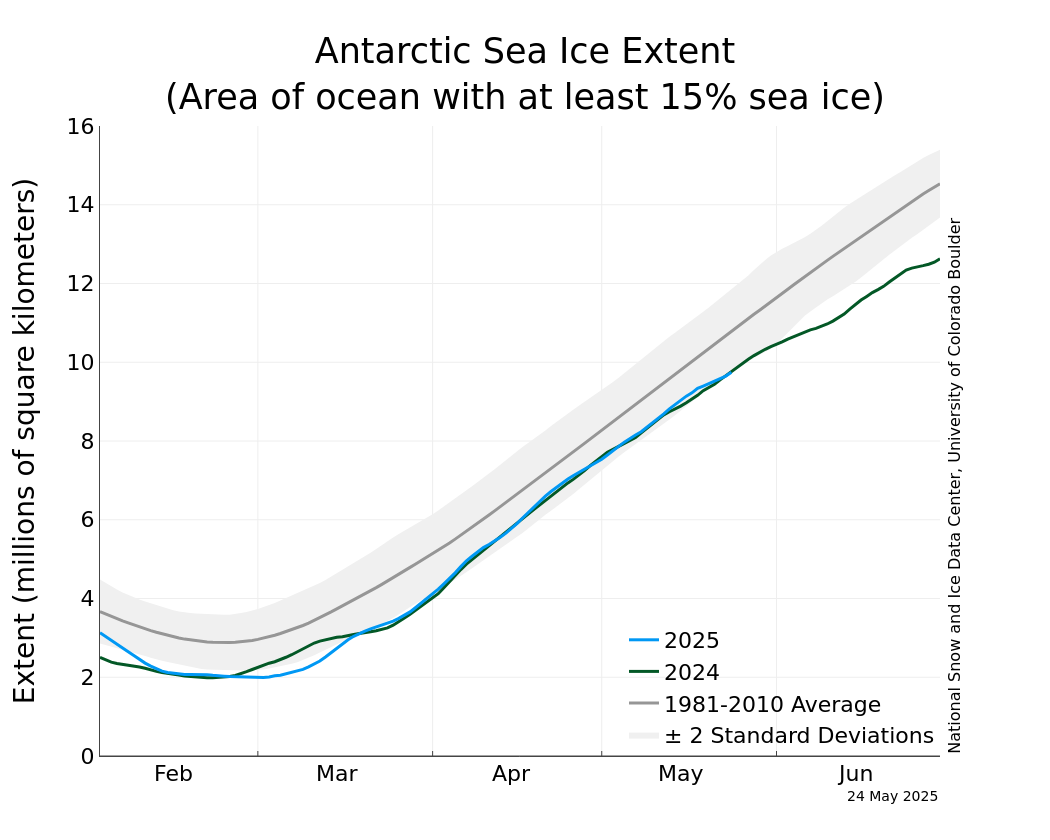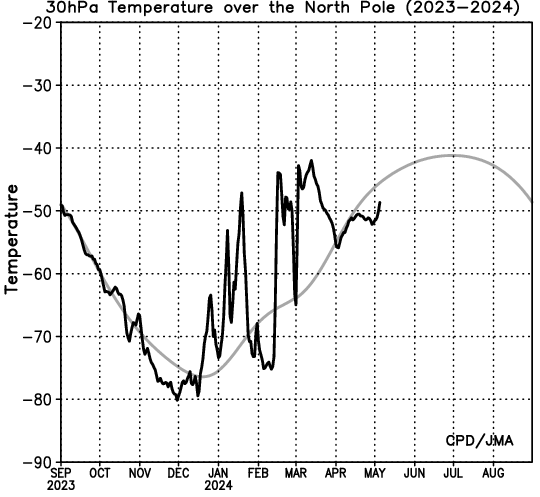[h=1]Five basic Antarctic facts for climate change sceptics[/h]Commentators say plight of MV Akademik Shokalskiy shows global warming is exaggerated – the truth is not that simple
The Intergovernmental Panel on Climate Change says there is "high confidence that ice shelves around the Antarctic peninsula continue a long-term trend of retreat and partial collapse". Photograph: AAP
To most people the prolonged stranding of the MV Akademik Shokalskiy in thick pack ice off the coast of Antarctica is an unfortunate incident that provided passengers with rather static scenery for their Christmas and New Year celebrations.
But to some climate change contrarians, repeated attempts to free the vessel from the ice are proof that the theory of climate change is flawed or, at best, exaggerated. After all, a warming planet has no ice at all, right?
In Sydney’s Daily Telegraph, Roger Franklin dispensed with analysis of ice extent, the cyrosphere and the like to get to the
heart of the matter – expedition leader Chris Turney is a “warmist” whose understanding of Antarctica amounts to little more than it gets “really, really cold”.
The Australian newspaper
darkly intoned that the stranding was a “hard lesson for those who persistently exaggerate the impact of global warming”.
Helpfully, the newspaper points out that researchers aboard the Akademik Shokalskiy have suffered an “embarrassing failure” in their mission, which apparently was not to follow in the
footsteps of explorer Douglas Mawson and
build on his scientific observations but to prove beyond doubt that climate change is real.
ABC science broadcaster Adam Spencer
took to Twitter – another of the The Australian’s
bugbears – to lament that “you’d fail a year 8 science test if you presented the misunderstandings” contained in The Australian’s editorial. To help clear up the confusion, here are some basic Antarctic facts.
[h=2]1. It is large and cold[/h]The Antarctic is an enormous frozen continent that covers about a fifth of the southern hemisphere. It is the driest, windiest continent on Earth, covered by ice that can reach 4km deep. A new world record for a low temperature was set in December when a NASA satellite clocked a reading of minus 93.3C on the east Antarctic plateau.
Surrounding the vast glacial, or land-based, ice is sea ice, which contracts and expands depending on the season. This is an important distinction, which we will get to shortly.
[h=2]2. It is not the same as the Arctic[/h]The Arctic (around the north pole, doesn’t have penguins, but has polar bears) is very different from the Antarctic (around the south pole, has penguins, but not polar bears).
Essentially, the Antarctic is a continent of ice surrounded by cold water. The Arctic is a semi-enclosed ocean, almost completely surrounded by land. Steadily warming land and sea temperatures have had a visible impact on the Arctic, with its extent reaching
record lows in recent years.
The loss of ice in Antarctica does not appear to be as dramatic and it is even increasing in places, leading some to believe this means global warming is not occurring.
“The Arctic is warming much faster than the Antarctic because it’s an open ocean surrounded by continents,” said Tony Press, chief executive of the Antarctic Climate and Ecosystems Co-operative Research Centre based at the University of Tasmania.
“When people talk about an increase in ice they are actually talking about sea ice, which is completely different from continental ice. Warmer oceans help melt the ice and make it thinner, which has been observed in the Arctic. In Antarctica it’s more complicated. It is losing continental ice while sea ice has been increasing by about 1% a decade.”
[h=2]3. Climate change is having varying impacts[/h]Studies have found Antarctica has lost about 100bn tonnes of continental ice a year since 1993, causing the global sea level to rise by about 0.2mm a year.
The
latest climate report from Intergovernmental Panel on Climate Change, released last year, said there was “high confidence” that the Antarctic ice sheet had been losing ice during the past two decades, mainly from the northern and western parts of the continent, near South America.
“There is high confidence that ice shelves around the Antarctic peninsula continue a long-term trend of retreat and partial collapse that began decades ago,” the report added.
But this loss, caused by warming oceans, has been countered by an increase in ice in the Ross Sea region. This is the result of a range of factors, including climate change.
“There has been an increase in snowfall in parts of the Antarctic, especially the east Antarctic where the ship is,” Press said.
“That increase in snowfall can be attributed to warmer temperatures. It’s a pretty basic principle of science that increased air humidity causes precipitation if it’s warm enough or snow if it’s cold enough. It’s very cold in the Antarctic, so it snows.”
[h=2]4. The ship did not get “frozen in”[/h]Contrary to some of the more outlandish claims made by climate change deniers, the ship was not suddenly enveloped by ice due to rapidly plummeting temperatures. It was pinned by ice carved off from the Mertz glacier, a well-established ice formation.
“In the last few years the ice near where the ship is bogged has become less accessible,” Press said.
“This will eventually break up and move away, depending on wind patterns, storms, tidal activity and ambient temperatures. These are variable, local conditions.”
[h=2]5. Research takes time[/h]The Australian Antarctic Division has been collecting data on ice flow, thickness and other such things in east Antarctica for more than 50 years.
Despite this, the organisation admits there are still gaps in scientific understanding of the Antarctic, mainly around the dynamics of ice sheets. This understanding will be improved by rigorous analysis of gathered evidence. It’s unlikely a single ship getting stuck in ice will cause a major deviation in researchers’ findings.
http://www.theguardian.com/environm...-delights-climate-change-sceptics?CMP=soc_568




















